Depression is not just sadness. It is a weight that drains energy, hope, and interest in life. People often describe it as living under a constant shadow or feeling trapped in slow motion while the world moves forward. For many, even simple tasks — getting out of bed, eating a meal, making a phone call — feel overwhelming.
As a therapist, I have sat with many clients in this space. I know how heavy it feels and how lonely it can seem. But I also know something equally true: depression is treatable. With the right therapy, support, and tools, people rediscover energy, hope, and purpose. That is why I offer therapy sessions for depression in CA, both online and in person, and why I dedicate my practice to helping people break free from this cycle.
Depression Beyond Sadness
Depression is not a weakness or a flaw. It is a medical and psychological condition with real effects on the brain and body. Some people feel it as deep sadness. Others feel emptiness, irritability, or complete numbness. It can cause changes in sleep, appetite, memory, and focus.
The most challenging part is how invisible it looks. From the outside, someone with depression may seem “fine.” They may smile, work, and maintain routines. But inside, they feel disconnected and exhausted. Therapy provides a safe place to remove that mask and face the reality of what is happening without judgment.
Why People Delay Seeking Help
Many wait years before reaching out for therapy. Some believe depression will “go away on its own.” Others feel ashamed, thinking they should be able to handle it alone. Cultural expectations, family pressure, or stigma around mental health can make it even harder.
But untreated depression does not simply fade. It often worsens with time, leading to isolation, strained relationships, and even physical illness. That is why starting therapy matters. Early support prevents depression from taking deeper root and helps people reclaim their lives sooner.
What Therapy Sessions Look Like
Therapy is not about quick fixes. It is about steady progress. During therapy sessions for depression, I focus on creating safety first. Many clients arrive with bottled-up emotions. The first step is giving them space to speak freely — perhaps for the first time.
Once trust is built, we work together to identify patterns of thought and behavior that fuel depression. Some clients struggle with self-criticism, constantly telling themselves they are “not enough.” Others feel stuck in cycles of guilt or hopelessness. Therapy untangles these thoughts and replaces them with healthier ways of seeing the self and the world.
We also work on practical strategies — small steps that help restore daily rhythm. This may include setting simple goals, creating sleep routines, or practicing grounding techniques. The focus is not only on talking but on action that slowly restores a sense of control.
Tools That Support Healing
Therapy is not limited to conversations. I often introduce clients to practical tools that they can use between sessions:
● Journaling – Writing thoughts down gives structure to what feels overwhelming.
● Mindfulness practices – Simple breathing or grounding techniques calm racing thoughts.
● Routine setting – Regular sleep, meals, and physical movement reduce depressive symptoms.
● Behavioral activation – Planning small enjoyable activities, even when motivation is low, slowly rebuilds pleasure in daily life.
These tools are not cures on their own. But combined with therapy, they give people momentum. Over time, small changes stack up into significant improvements.
The Role of Connection
Depression thrives in isolation. Many people withdraw because they feel like a burden or fear being misunderstood. Therapy helps rebuild connection, not only with others but with oneself.
In sessions, clients learn how to express needs without guilt, set healthy boundaries, and repair strained relationships. I have seen many people walk into therapy feeling completely alone and, over time, leave with stronger connections than they ever imagined possible.
My Commitment as a Therapist
I know starting therapy feels like a big step. It takes courage to admit something feels off and even more courage to ask for help. My role is not to judge or to force change but to guide. I walk alongside my clients, offering tools, perspective, and support.
For anyone searching for therapy sessions or considering a Depression Treatment Center, I want to emphasize this: hope is real. I have seen people move from despair to stability, from emptiness to connection, from numbness to joy. The path is not always quick, but it is always possible.
Conclusion: Hope is Within Reach
Depression convinces people that nothing will ever change. Therapy proves otherwise. Step by step, change happens. Sleep improves. Energy returns. Relationships heal. A sense of meaning comes back. If you are reading this and depression feels heavy, know that you are not alone and that support is available. Therapy is not about erasing the past but about building a future that feels lighter and more hopeful.
Reaching out is the hardest step, but it is also the most powerful. Healing begins the moment you decide to no longer carry this weight alone.
FAQs
1. How do I know if I need therapy for depression?
If sadness, emptiness, or lack of energy interferes with daily life for more than two weeks, therapy is a wise step.
2. What is the difference between therapy and a depression treatment center?
Therapy involves regular one-on-one sessions, while a Depression Treatment Center offers structured, often intensive programs for more severe cases.
3. How long do therapy sessions for depression usually last?
Most sessions last 45–60 minutes, once a week. Progress depends on the depth of symptoms and individual needs.
4. Can online sessions help with depression?
Yes. Online therapy provides the same tools and support as in-person sessions. Many people find it more comfortable.
5. Does therapy mean I’ll have to take medication?
Not necessarily. Some benefit from therapy alone. Others may need a combined approach. This decision is made with a qualified mental health provider.

